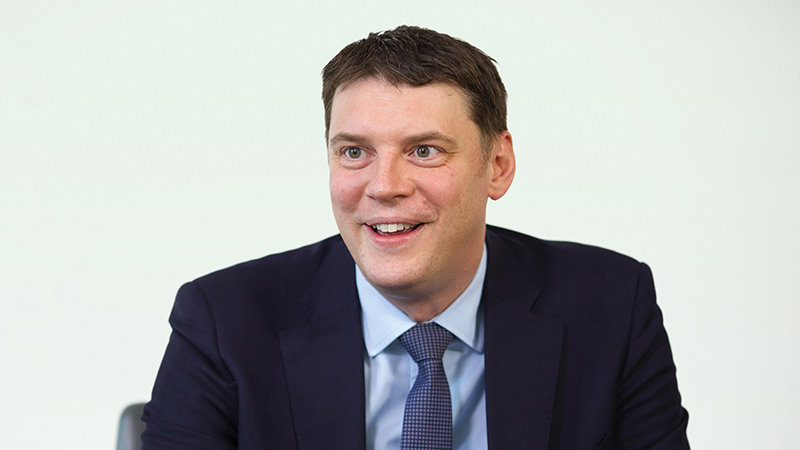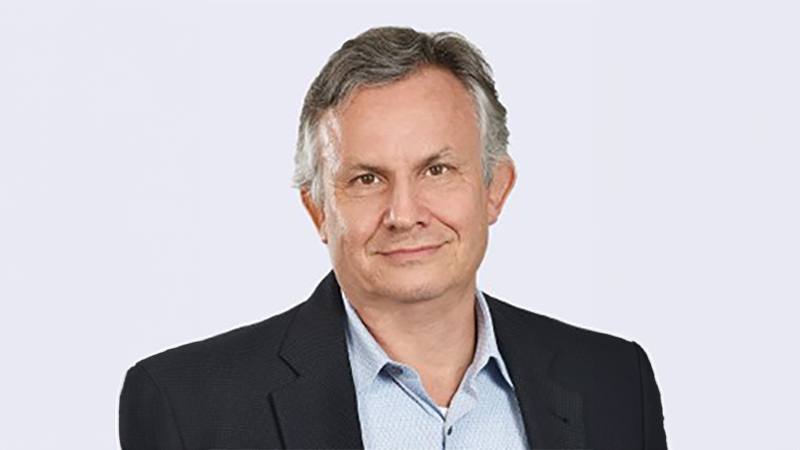With defensives back in vogue and economic data continuing to disappoint, that trend may take a while to reverse.
That is not to say there are not opportunities: natural gas, for example, has been touted by the likes of BlackRock’s natural resources team as a key play for the future.
Two reports issued this week, by the Massachusetts Institute of Technology and the International Energy Agency, support such hopes, the IEA report pointing to a “golden age” of gas. March’s earthquake in Japan is also continuing to have an impact on power usage, most notably through Germany’s decision to abandon its nuclear power strategy.
That could also be of benefit to natural gas producers, but crucially, gas prices continue to be indexed to the cost of oil in many regions. This is yet another example, then, of the fact that it is oil prices which will continue to define many of the movements in the resources sector.
The balancing act between these costs, global demand and risk appetite is, to say the least, a tricky one. North Investment Partners’ CEO John Husselbee was not the first to describe prices as “a double-edged sword”, and he will not be the last.
For now, oil prices have resumed their rise in the face of more bearish sentiment on other commodities, and spiked again yesterday on the news that Opec had decided to maintain current output quotas. The squabbling between cartel members may, however, be less good news for the bulls.
Divisions
A research note from Monument Securities suggests that the cartel is “on the point of break-up” after yesterday’s meeting, where the UAE and Saudi Arabia’s move to increase output was contested by other members. “The biggest beneficiaries may well prove to be Russia and Kazakhstan”, said Marc Ostwald at Monument.
Investors are unlikely to be cheered by the even greater political risks that development will produce, but such a scenario is surely still a long way off at best. Moreover, as Capital Economics suggests, fundamentals are set to reassert themselves, whatever the actions of the oil producers.
“Even Opec has to react to market conditions and cannot just dictate them. We therefore continue to expect the price of Brent crude to drop back below $90 per barrel by the end of the year”, the firm says, citing further global demand disappointments, a lower risk premium being attached to the Middle East, and a dollar rebound as risk appetite wanes.
“This forecast is not particularly dependent on what happens to Opec supply”, Capital adds.
Suggestions that Saudi Arabia and others are already producing more than their quota, and that they will simply continue to do so regardless of what Opec suggests, imply the cartel is relatively powerless in the face of market conditions.
Unless economic data shows a sharp pick up in the coming weeks, Capital’s belief in waning global demand seems on the money. That will not exactly be music to the ears of those betting on energy.










